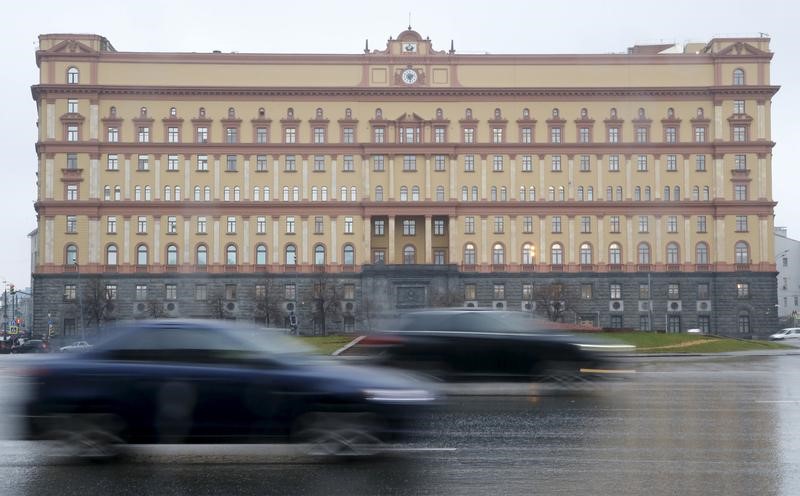
By Robin Emmott and Andrius Sytas
ZAGAN, Poland/RUKLA, Lithuania (Reuters) – Immediately after Donald Trump was elected, U.S. diplomats urged Lithuania to rush through an agreement to keep American troops on its soil, reflecting alarm that the new, Russia-friendly U.S. president might try to stop more deployments in Europe.
The agreement was signed just a few days before Trump’s inauguration, according to a document from the Lithuanian defense ministry, and became the first step locking the new U.S. president into a NATO strategy to deter Russia in Poland and the Baltics, following Moscow’s 2014 annexation of Crimea.
European allies are growing confident that, with the arrival of U.S. troops in Poland, plans ordered by Barack Obama will hold. They are reassured by Trump’s remarks to U.S. forces in Florida this week, when he said: “We strongly support NATO.”
“When you put soldiers on the ground, tanks like this, that signifies a long-term commitment,” Lieutenant General Ben Hodges, the U.S. army’s top commander in Europe, said at the snow-covered base in Zagan, Poland where thousands of U.S. troops are arriving before fanning out across the region.
“I am not hearing anything that would tell me otherwise,” Hodges said when asked whether Trump might scale back deployments. The president has described NATO as “obsolete” and has praised Russian leader Vladimir Putin.
But it will be hard politically for Trump to bring troops home “on the orders of Russia”, one senior alliance diplomat said. The U.S. soldiers featured in a TV commercial seen by millions of Americans at the end of the Super Bowl on Sunday.
Worried since Russia’s seizure of Crimea that Moscow could invade Poland or the Baltic states, the Western military alliance wants to bolster its eastern flank without provoking the Kremlin by stationing large forces permanently.
The troop build-up is NATO’s biggest in Europe since the end of the Cold War, using a web of small eastern outposts, forces on rotation, regular war games and warehoused U.S. equipment ready for a rapid response force of up to 40,000 personnel.
Britain, Germany and Canada are playing major roles in the force build-up. “Every ally is locked in,” said Adam Thomson, a former British ambassador to NATO and now director of the European Leadership Network think-tank in London.
GRAND BARGAIN?
Apparently confident of Washington’s commitment to Obama’s strategy, Poland’s Defense Minister Antoni Macierewicz declared “God bless President Trump” at a welcoming ceremony for U.S. forces in Zagan last week.
But European governments remain concerned Trump could use the troop deployments as a chip with Moscow in a grand bargain. Political analysts say that could involve giving Moscow a free hand in much of the former Soviet Union in return for a commitment not to interfere in Europe.
“Trump is a businessman and he wants to negotiate from a position of strength,” a central European diplomat in Brussels said of the decision to allow U.S. deployments to continue.
Trump held an hour-long phone call with Putin in late January but avoided talk of Crimea and the rebellion in eastern Ukraine that the West accuses Moscow of sponsoring.
Trump has suggested lifting economic sanctions imposed on Russia over Crimea in return for a reduction of nuclear weapons.
He might offer to scale back NATO projects like the new Polish site set to form part of the alliance’s missile shield in the region. NATO says the system is designed to intercept Iranian rockets but Moscow says it is aimed at disabling Russian missiles.
The shield was developed by the United States and is now part of NATO. “It is impossible for Washington to act unilaterally without upsetting allies,” Thomson said.
For now, Obama’s “dialogue and deterrent” remains the NATO mantra – talking to Moscow but also sending U.S. tanks back to Europe and reopening Cold War-era storage sites.
“We stick with the facts, not the forecasts,” Salvatore Farina, the NATO commander coordinating forces in Poland and the three Baltic states of Lithuania, Latvia and Estonia, told Reuters at the Rukla military base in Lithuania, where both a German battle group and U.S. infantry are based.
(Anditional reporting by Andrea Shalal in Berlin; editing by Andrew Roche)







